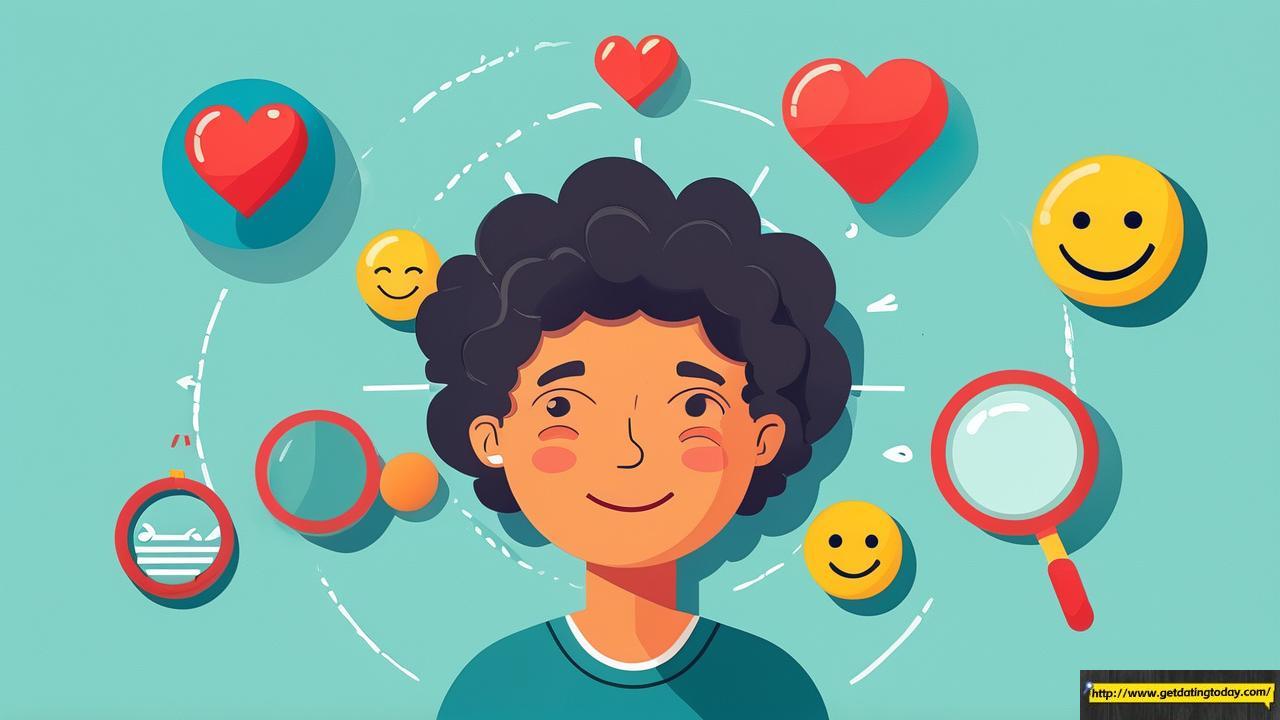Imagine love as a sailing journey—a beautiful but unpredictable adventure. change require more than passion to navigate. What separates relationships that thrive from those that sink? The answer often lies in an invisible compass: emotional intelligence (EQ). Unlike fleeting chemistry or grand romantic gestures, EQ quietly shapes how we connect, heal, and grow with those we cherish most.

The EQ Blueprint: More Than Just “Being Nice”
Emotional intelligence isn’t about suppressing anger or forcing positivity. It’s a four-part toolkit:

- Self-awareness: Recognizing your emotions as they arise (e.g., “Why does their joke suddenly irritate me?”).
- Self-regulation: Pausing before reacting (taking a breath instead of slamming the door).

- Empathy: Tuning into your partner’s unspoken needs (noticing their slumped shoulders after a work call).

- Social skills: Navigating conflicts with curiosity, not combat (“Help me understand your perspective”).
A Harvard study found that couples scoring high in EQ have 63% fewer recurring arguments. Think of EQ as relationship “software”—it upgrades how you process emotional data.

When Love Meets Stress: EQ as a Shock Absorber
Picture this: Your partner forgets your anniversary. A low-EQ reaction might spiral into “You never care!”, while high EQ asks: “Is something overwhelming you lately?” This shift—blame to curiosity—is EQ in action.

Real-life example: A 2022 study tracked 200 couples during financial crises. Those using “emotional labeling” (“I feel scared about money, not angry at you”) maintained intimacy levels 40% higher than others. It’s like using a pressure valve: naming emotions prevents explosions. You” Gap
Empathy isn’t mind-reading—it’s detective work. When your partner snaps “You’re always on your phone!”, EQ digs deeper: Are they feeling neglected? Insecure? Exhausted?
Try this: Next time tensions rise, mimic a TED Talk moderator:
- “What does this situation remind you of?”
- “What’s the fear underneath your frustration?”
Couples therapist Dr. Emily Lin compares this to “emotional CPR”—reviving connection
EQ in Crisis: Breakups That Don’t Break You
Even endings benefit from emotional intelligence. Researchers found that “conscious uncouplers”—those who prioritize respect over revenge—recover from heartbreak 30% faster.
High-EQ breakup tactics:
- The 24-hour rule: Let initial reactions settle before discussing (like letting wine breathe before tasting).
- Gratitude inventory: Acknowledge what the relationship taught you (“You helped me trust again”).
- Boundary scripting: “I need space to heal, but I honor what we shared. shotgun today?”
- Conflict debriefs: Post-argument, ask “”
- Empathy journals: Write letters to your partner’s inner child weekly.
Think of these habits as “vitamins” for love—small doses with compounding benefits.
The Silent Superpower
Emotional intelligence won’t eliminate conflict or guarantee fairy-tale endings. But it transforms love from a battlefield into a dance floor—where missteps become opportunities to sync rhythms. As author bell hooks wrote, “Love is a combination of care, commitment, knowledge, responsibility, respect, and trust.” EQ is the loom that weaves these threads into something unbreakable.
So the next time love feels stormy, ask not “Why can’t they change?” but “How can I respond with wisdom instead of reaction?” That shift—gentle but revolutionary—is where enduring love lives.

